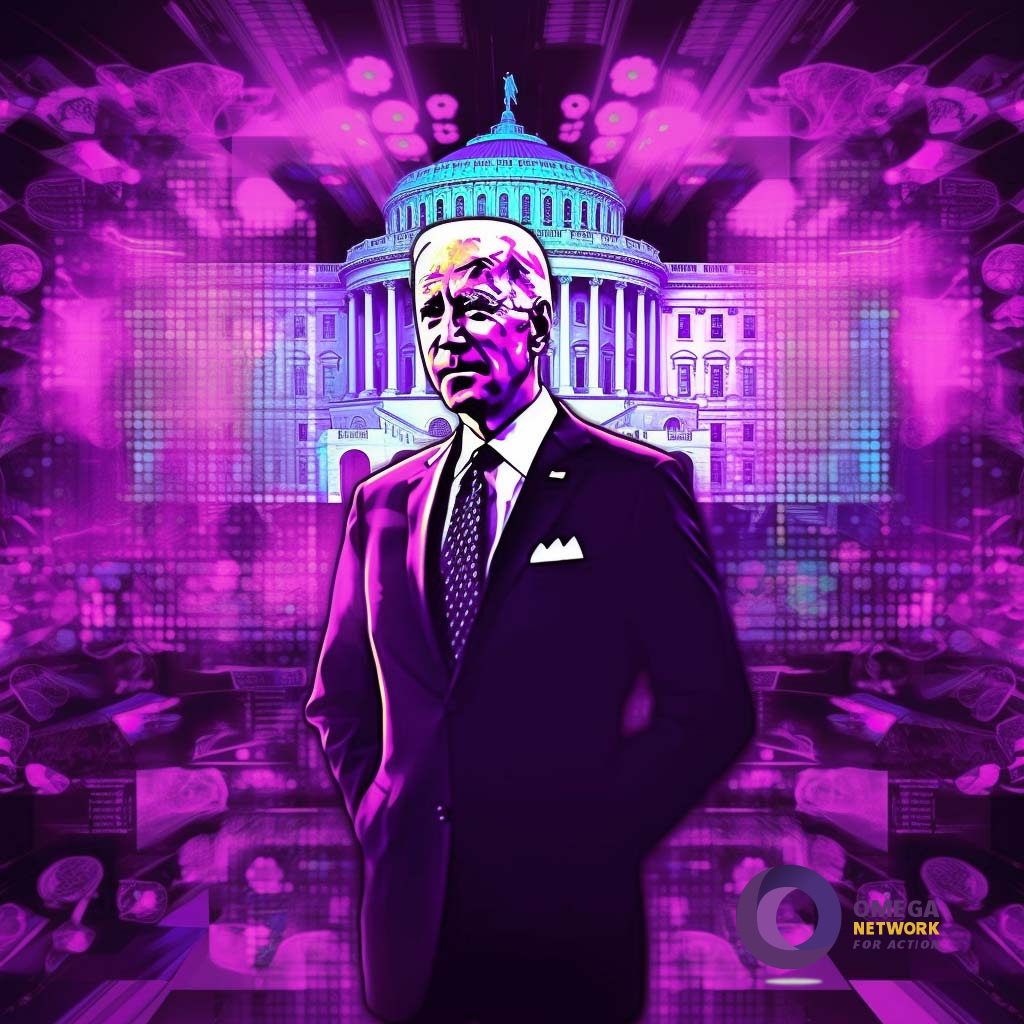In this era of generative artificial intelligence (AI), our democracy teeters on the edge of a profound transformation. We find ourselves at a crossroads, facing a disconcerting landscape where manipulative content can be crafted inexpensively and unleashed effortlessly on an unprecedented scale. As we approach the 2024 presidential election, the alarm bells are ringing loudly, and experts are cautioning us about the grave threat posed by AI-driven disinformation. This perilous tide has the power to amplify the divisive tactics of the past, erode trust in our electoral process, and inundate our information ecosystem with falsehoods and deceit.
The evolution of AI has gifted us with astonishing capabilities: photorealistic image generation, human voice mimicry, and the production of convincing, human-like text. Companies like OpenAI have democratized these technologies, making them accessible to the masses. Unfortunately, in this accessible environment, political content rife with misinformation is flourishing.
Recent instances of AI-generated content have sent shockwaves through society. From AI-crafted images of Pentagon explosions briefly shaking the stock market to viral trends featuring AI audio parodies of U.S. presidents engaged in video games, the impact is undeniable. AI-generated images depicting former President Donald Trump resisting arrest by police officers and entirely AI-generated political ads warning of apocalyptic scenarios if President Biden were re-elected are further evidence of the AI threat. The American Association of Political Consultants has even raised the alarm on video deepfakes, categorizing them as a “threat to democracy.”
What sets these AI-generated campaigns apart from their predecessors is accessibility. In the past, disinformation campaigns faced logistical hurdles that required time-consuming efforts to create tailored messages, manipulate images, and edit videos. Now, generative AI has lowered these barriers, allowing anyone with basic digital skills to engage in content creation, all with limited regulatory oversight.
The risks posed by AI to our elections are myriad. AI-driven social media bots can convincingly impersonate real voters, manipulated videos and images can deceive with greater ease, and deceptive robocalls can flood our communications channels, all aided by AI tools that are becoming increasingly sophisticated. Furthermore, AI technology can be harnessed to intensify voter suppression efforts, targeting marginalized communities with personalized misinformation. It can even fabricate a false constituency through letter-writing campaigns and fake engagement, obscuring the genuine sentiments of voters.
Campaigns have already begun to experiment with AI-generated content for political purposes, as evidenced by parody videos and manipulated images. With the 2024 election drawing near, the role that AI will play remains uncertain, but we cannot dismiss the potential for misleading AI-generated content to sway the outcome.
One of the most challenging aspects of combatting AI-generated disinformation is the speed at which it can be created, far outpacing the rate at which fact-checkers can review and debunk it. This stark imbalance further corrodes trust in our information ecosystem.
Media literacy and traditional fact-checking methods face an uphill battle in countering the flood of misleading text and images generated by AI. The sheer scale of this content represents a new and formidable challenge. While some AI services, such as ChatGPT, have implemented policies and safeguards against generating misinformation, the efficacy of these measures remains uncertain, and several open-source AI models lack such safeguards.
In this precarious environment, our democracy hangs in the balance. Trust in our electoral system, already fragile, could erode further. As we grapple with the ascent of AI in our elections, it is abundantly clear that a comprehensive response is imperative. The integrity of our democracy demands coordinated efforts from government, civil society, and the private sector. The time for action is now, for the consequences of inaction could be nothing short of catastrophic for the very essence of our democratic ideals.


